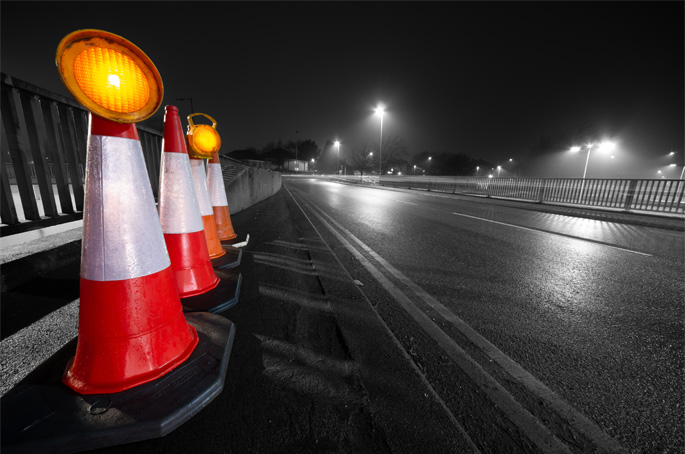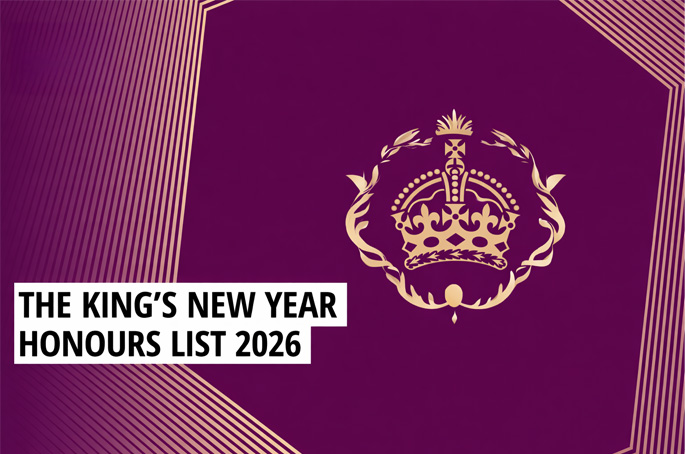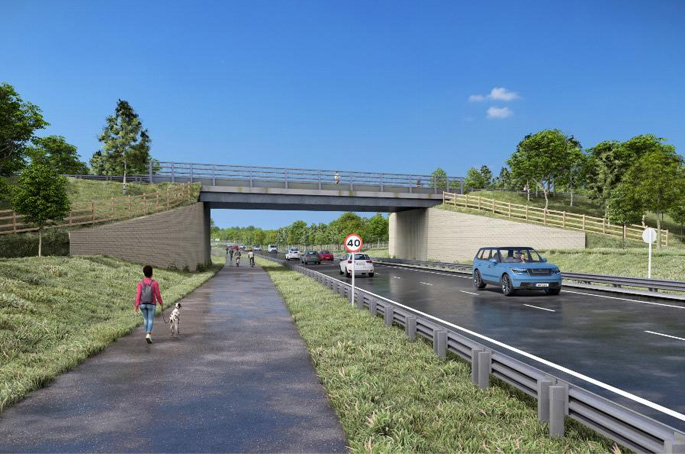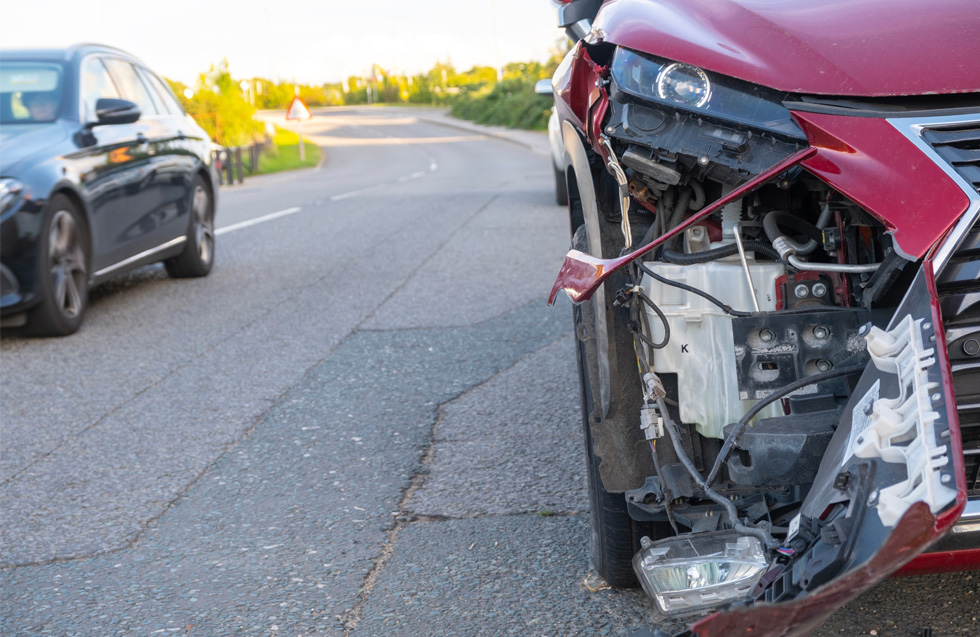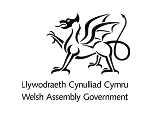Transport secretary Louise Haigh used her Labour Party conference speech to land political blows and outline her national renewal project, which she said would rip up 'the very roots of Thatcherism'.

Ms Haigh told Labour members that the transport system 'had become a symbol of national decline, of a country that no longer works', a decline she argued that started with the privatisation of the 1980s.
A keystone of her new approach, outside of individual transport sectors, is the pledge to 'work across Government to deliver a 10-year infrastructure strategy, which supports growth right across the country'.
Sarah McMonagle, director of external affairs at Cycling UK, welcomed this move and said: 'Done properly, this would directly address how we can make cycling safer, more accessible and ensure it is seamlessly integrated with public transport, including buses and trains.'
Ms Haigh also promised to call time 'on divisive culture wars around walking and cycling', though she could not help an ironic reference to the 'woke anti-driver measures - the seatbelt and the breathalyser' of Labour's past and the first female transport secretary, 'the incomparable' Barbara Castle.
The former Conservative-led Government had made progress in cycling and walking, with increased funding, new guidance and new Highway Code elements that placed pedestrians at the top of the road user hierarchy.
However, things seemed to go backwards post-COVID, with battles over low traffic neighbourhoods and the concept of 15-minute cities. This culminated in former prime minister Rishi Sunak's Plan for Drivers, which seemed to shift the political momentum back towards motorists after he cut back on HS2.
In rail, Ms Haigh reiterated Labour's flagship transport policy that by the end of this Parliament 'our railways will be in public ownership, run by Great British Railways, in the service of you the British people', under the Passenger Railway Services (Public Ownership) Bill.
She also highlighted progress in buses, her 'passion', where Labour has pledged to extend franchising powers 'so that every area of the country can run their bus services just like London has done for decades'.
Early work on this election pledge began this month, with a statutory instrument laid before parliament to give all local transport authorities (LTAs) across England access to apply for franchising powers, which allow councils to design local services.
Later in the Parliamentary session, the Department for Transport (DfT) plans to bring forward a Bus Bill, which will include 'a measure to remove SoS [secretary of state] consent provisions for non-MCA/MCCAs [mayoral combined authorities and mayoral combined county authorities] to access franchising powers (the second stage of the 2-stage process) as this change can only be achieved via primary legislation'.
Labour will also allow councils to set up their own bus companies, which was banned under the Conservatives.
Graham Vidler, CEO at the Confederation of Passenger Transport, which represents the bus and coach industry, said: 'Passengers today are waiting for clarity over the future of the £2 fare cap. An immediate decision is needed to prevent a cliff edge return to fully commercial fares when the £2 fare cap ends in December – a scenario that would harm passengers and services.
'Passengers also want to hear how far this Government is prepared to sustain and prioritise the type of investment in bus services which is currently improving passenger experience across the country. Better bus services will only arrive when stable and adequate long-term funding and a toolbox of options permit local leaders and bus operators to choose an approach that will best suit their local community.'



